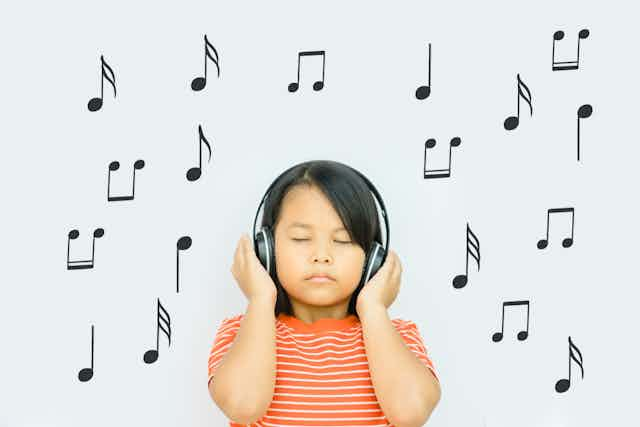Music is an integral part in the daily life. You can listen to soothing music, dance beats, or lyrics; one can never be able to live without their love fortunes. Research has proven that different types of music can alter blood pressure. For instance metal and rock can trigger positive changes more than tranquilizer-like tracks. The fluctuations in hormones are due to the variations in what type of music we listen to. Meanwhile, calming melodies that are acoustic help manage everything from moods to appetites.
The idea that music can influence our mental health isn’t new. Certain cultures utilized drumming and singing for healing purposes for thousands of years back. This method of healing is widely recognized as an effective tool in the treatment of anxiety disorders and post-traumatic stress disorders.

Music therapy is a practice that is utilized by a majority of people involved in in some way. It is a form of therapy that is based on music. It has a greater possibility of healing those who require healing than any other kind of. Patients will feel an overall sense of belonging and their mood will improve just by listening. This kind of therapy is completely effective due to the fact that therapists employ traditional songs to compose songs and lyrics. They also participate in meditation exercises that require patients to are focused on specific sounds.
So, who would benefit by music therapy?
The use of music therapy is for relaxation and getting ready for work. However, it is also being investigated as a method of treatment for a variety of mental disorders.
1. Hearing Impairment
Music therapy has been proven to enhance speech production in people who suffer from hearing loss. It is rare that people with hearing impairments are able to hear all the time. However, there are still some people who experience a sense of sensation. Music therapy helps to enhance speech production and intonation.
2. Autism
Music therapy has been shown to be efficient in helping autistic spectrum disorders (ASD) sufferers. The use of techniques that involve music along with standard treatment seems to suggest that it can lead people into a productive life, where they may not be able to. Social withdrawal and isolation periods were lower when the children were receiving both therapies compared to just one of them. This suggests there’s a certain benefit of combining both types since most boys who receive increased social skills also show improvement in social interactions with their families as well.
3. Chronic Pain
Music and pain can be soothing inputs for people suffering. It is therefore no reason to be surprised that those who employ music therapy to lessen their burdens on their bodies will be less uncomfortable. It is possible to achieve this through allowing your focus to be able to relax away from uncomfortable sensations. It’s like how we use our ears when listening to music or playing pianos when there’s nothing other.
For more information, click music therapy florida